The utilization of horizontal propane tanks in trailers has gained significant traction among businesses that rely on transporting goods efficiently. These tanks are favored for a multitude of reasons, including ease of installation, better weight distribution, and space-saving configurations. However, as with any equipment, there comes a time when these tanks need to be examined for their safety and functionality. This raises the critical query: Can you get horizontal propane tanks for trailers recertified?
In this article, we’ll delve deeply into the recertification process for horizontal propane tanks, the importance of maintaining safety standards, and the best practices to follow.
Understanding Propane Tank Recertification
Importance of Recertification
Before we delve into the specifics of horizontal propane tanks, let’s establish why recertification is crucial:
- Safety Compliance: Propane tanks are subjected to rigorous regulations and must comply with safety standards. Recertification assures that tanks continue to meet these standards.
- Risk Mitigation: Over time, tanks can suffer from wear and tear. Regular inspections and recertifications minimize risks stemming from leaks or explosions.
- Legal Compliance: Many jurisdictions necessitate that propane tanks be recertified every few years to stay within legal bounds.
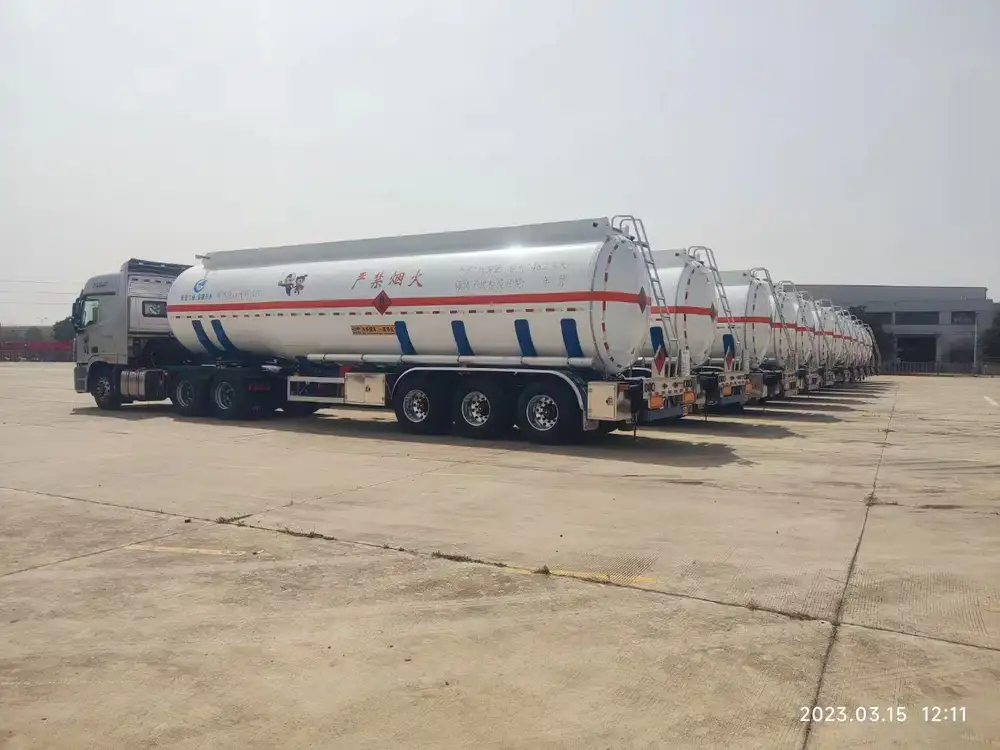
Regulations Surrounding Propane Tanks
The transport and use of propane tanks are governed by several regulatory bodies, including the U.S. Department of Transportation (DOT) and the National Fire Protection Association (NFPA). Here are some critical points to consider:
| Regulatory Body | Regulations | Frequency of Inspection |
|---|---|---|
| DOT | CFR Title 49 – Transportation of Hazardous Materials | 12 years for DOT cylinders |
| NFPA | NFPA 58 – Liquefied Petroleum Gas Code | Every 5 years for on-site tanks |
Key Components Subject to Recertification
When recertifying a horizontal propane tank, several components require inspection:
- Tank Integrity: The overall condition of the tank, checking for signs of corrosion or physical damage.
- Valves and Fittings: Ensuring that all valves and fittings are operational, leak-free, and up to standard.
- Pressure Testing: Conducting hydrostatic or pneumatic tests to verify the tank can hold pressure.
Steps to Recertify Horizontal Propane Tanks
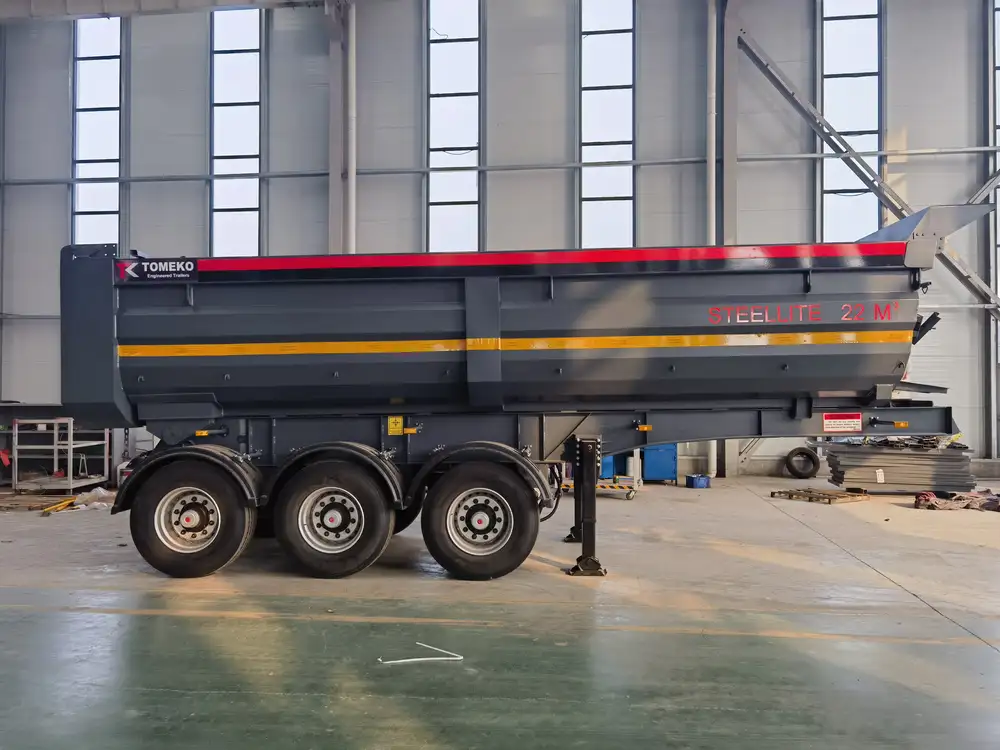
Preliminary Checks
Documentation: Before initiating the recertification process, gather all the necessary documents, including the tank’s original inspection certificate and any prior recertification records.
Visual Inspection: Execute a thorough visual inspection to identify any apparent damage, rust, or corrosion. This inspection can often pre-empt costly repairs during professional evaluations.
Engage Professional Services
While preliminary checks are imperative, securing professional services is the next critical step in the recertification process:
| Service Provider Type | What They Offer | Key Advantages |
|---|---|---|
| Certified Propane Dealers | Comprehensive inspection and testing | Expertise in compliance and safety |
| Inspection Services | Accurate assessment using specialized equipment | Reduces risk of errors |
| Repair Facilities | Repairs breaches and damages | Restores tank integrity effectively |
Schedule Recertification
Upon selecting a certified propane dealer or inspection service, schedule your recertification. During this visit, inspectors will carry out a host of evaluations:
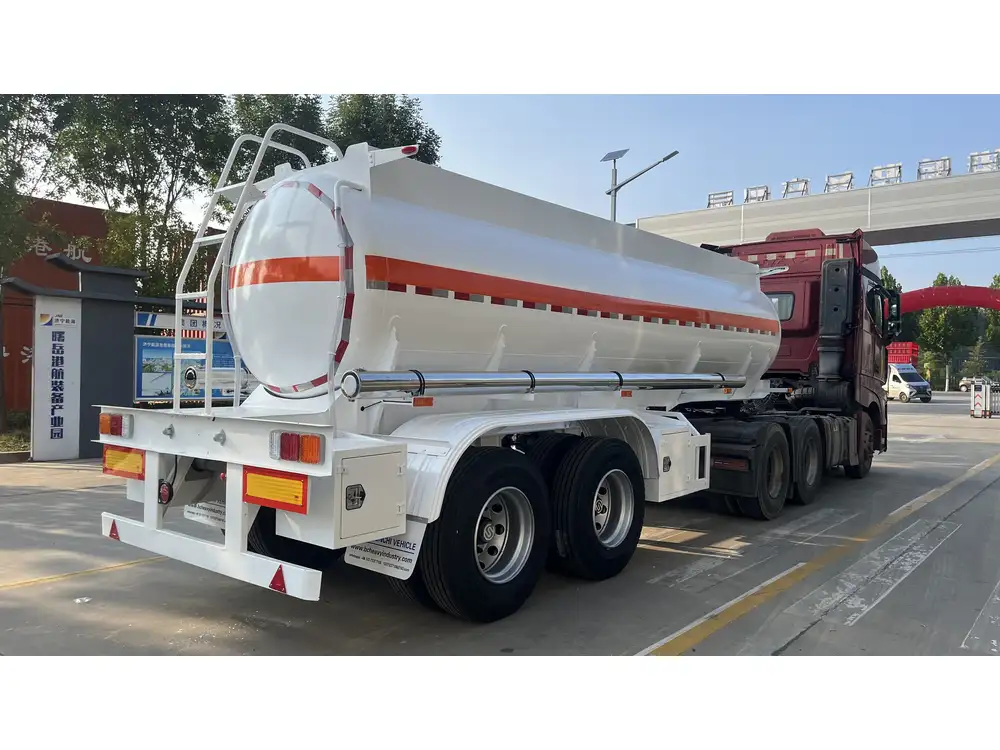
Inspection Elements
- Ultrasonic Testing: To identify corrosion or weaknesses.
- Pressure Tests: Conducted to ensure the tank is capable of holding required pressures.
- Valve Testing: Ensures that all safety and shut-off valves function correctly.
If your tank meets all necessary criteria, a fresh certification sticker will be affixed, detailing the next inspection date.
Cost Considerations for Recertification
Average Recertification Costs
The cost of recertifying a horizontal propane tank can fluctuate based on several factors, including tank size, condition, and location. Here’s a breakdown:
| Tank Size (Gallons) | Average Inspection Costs | Additional Repair Costs |
|---|---|---|
| 20–50 | $100 – $200 | $50 – $300 (if repairs are needed) |
| 100–200 | $200 – $400 | $100 – $500 (if repairs are needed) |
| 250+ | $400 – $800 | $200 – $700 (if repairs are needed) |
Keep in mind that while it may seem costly to recertify, maintaining safety and compliance can save much more than potential accidents or penalties.
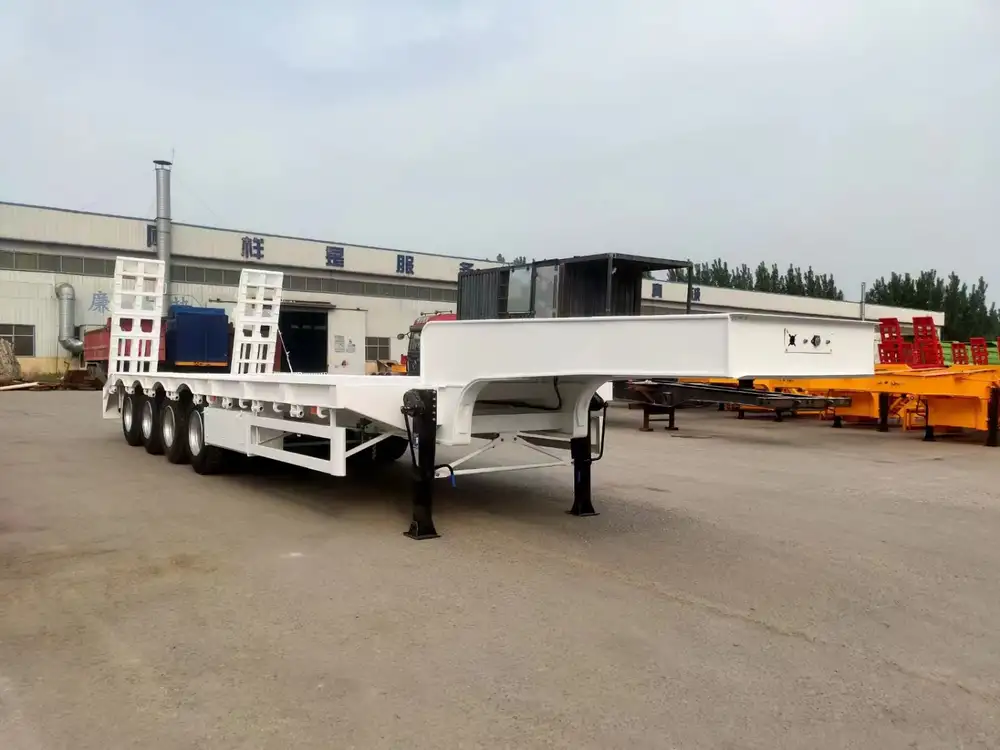
Frequently Asked Questions
1. What Happens If My Tank Fails Recertification?
Should your horizontal propane tank fail its inspection, it is imperative to refrain from using the tank until it is repaired or replaced. Often, non-compliance or defects can lead to dangerous leaks or even explosions.
2. How Often Should I Recertify My Propane Tank?
Generally, the recommended recertification interval for horizontal propane tanks is every 5 to 12 years, depending on specific local regulations and the tank’s condition. Always consult your propane dealer for exact timelines applicable to your situation.
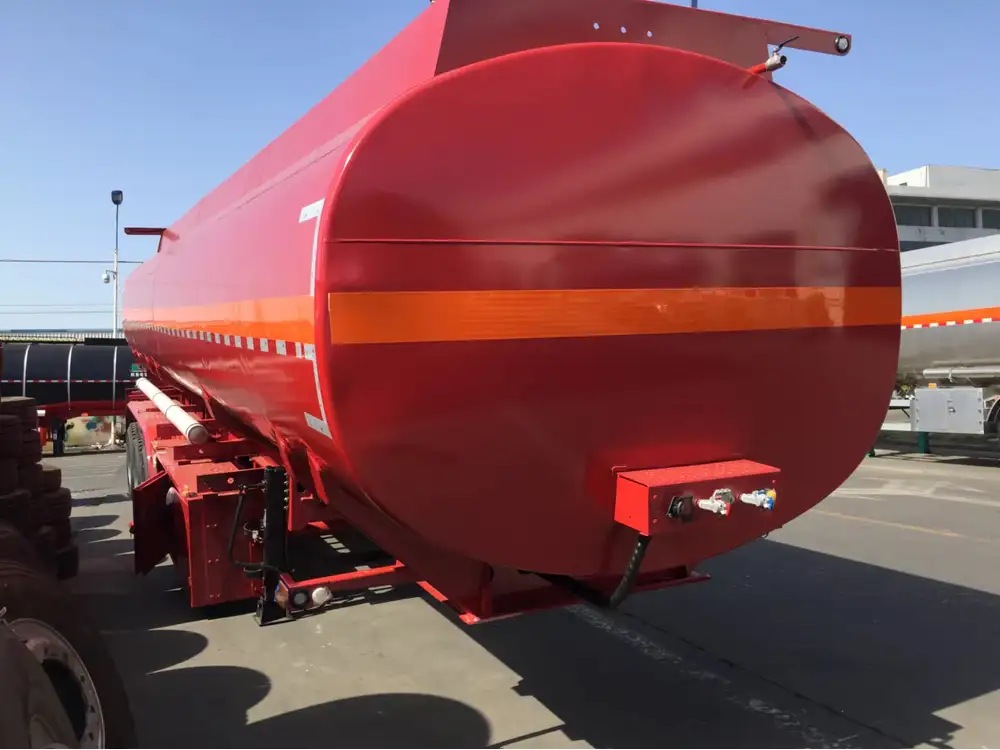
3. Can I Recertify My Own Tank?
Although minor visual inspections can be performed independently, recertification requires specialized knowledge and equipment best handled by trained professionals.
4. What Are the Signs That My Propane Tank Needs Recertification?
Look out for indicators such as:
- Physical deterioration, like rusting or dents.
- Inconsistent pressure levels or failure of the pressure gauge.
- Unusual or foul odors (a sign of leaks).
Conclusion
In conclusion, the answer to the question, Can you get horizontal propane tanks for trailers recertified? is not just a simple ‘yes’ or ‘no’. It embodies a complex procedure that incorporates diligent inspection, rigorous testing, and a keen understanding of legal obligations. The importance of maintaining safety standards cannot be overstated, given the inherent risks associated with propane usage.
Whether you are a trailer manufacturer, a fleet operator, or a transportation business, prioritizing the recertification of horizontal propane tanks is essential. Remember, your investment in safety and compliance today can translate to significant savings tomorrow and ensure the smooth operation of your business.
For any inquiries regarding the recertification process, or to schedule your inspection today, don’t hesitate to connect with our certified professionals. Your safety and satisfaction are our top priority.



